Congratulations if you have an emergency fund. This earmarked money is critical to your financial stability. But does your rainy-day fund tend to get depleted as soon you save the recommended three to six months’ worth of expenses? If so, you may be using it for all the wrong things.
Why does my emergency fund keep drying up?
Sometimes, we make the mistake of spending emergency funds on predictable things whose only uncertainty is their timing. Here are the most common examples:
- Home repairs: Routine home maintenance is just a part of being a homeowner, and things like your roof, appliances, light fixtures, plumbing, HVAC and electrical systems won’t last forever.
- Car repairs: Oil changes, alignments and battery and tire replacements are all part of owning a vehicle, as are other repairs.
- Medical copays and coinsurance: No matter how healthy you are, you’re bound to occasionally get the flu, strep throat or another illness requiring a physician’s attention.
- Pet care: Your fur baby can’t help getting sick sometimes, too, and needing veterinary care.
- Tech replacement: Mobile phones, other smart devices and laptops all have limited lifetimes.
Such expenses tend to get wrongly labeled as emergencies simply because they occur at irregular intervals, often when it’s most financially inconvenient.
What else shouldn’t I use my emergency fund for?
Some people also end up tapping their emergency fund for routine expenses that get inadvertently left out of their budgets because they don’t occur on a monthly basis, such as:
- Special occasions like birthdays and anniversaries
- Non-essential travel and vacations
- Seasonal events like back-to-school or holiday shopping
- Entertainment such as concerts and sporting events
Likewise, you can be unprepared to handle a true financial emergency if you put your rainy-day funds toward other important financial goals like these:
- A down payment on a home or car
- A second home
- Capital to start or expand your own business
- Early retirement
And as much as you might like to help a loved one in need, it’s unwise to deplete your emergency fund to pay for their emergency or unexpected expense. Instead, offer other forms of support, such as giving them rides while their car is in the shop or the use of your washer until their broken one is fixed.
What qualifies as a true financial emergency?
Now, let’s talk about times that rightly call for a dip into your emergency fund:
- An unwanted change in your work status: The loss of a job or having your hours or pay reduced
- Essential travel: Out-of-town trips to visit a sick loved one or attend the funeral of a family member or close friend
- Emergency medical care: Unexpected surgeries or longer-term illnesses that are more expensive than routine sick visits, especially with high-deductible healthcare plans
- Unfixable vehicle: A broken-down or wrecked vehicle that either can’t be repaired or is too costly to make the fix worthwhile
- Natural disaster: Events like tornados, hurricanes or floods in which you need temporary shelter, possible transportation to another location, food and other emergency supplies while it’s happening and help during the clean-up and recovery effort
- Unexpected change in your housing situation: When your landlord or roommate asks you to move out without notice
Tips for Building and Maintaining Your Rainy-Day Fund
First, recognize that your emergency fund is a critical financial goal that merits room in your budget with some portion of every paycheck going toward it. Once you reach the goal of three to six months’ worth of expenses, stay in the habit of regularly assessing the current state of your emergency savings and setting aside enough to keep it adequately funded.
Second tip: Separate the cash for your emergency fund from money for other monetary priorities by creating a distinct savings account for each financial goal. That way you won’t mix them up or use any of your savings for non-essential purposes. High-yield savings accounts will grow money for these goals faster.
To avoid regularly misusing your rainy-day fund, build a budget that accounts for home maintenance and repair. A good rule of thumb is planning to spend about 1% of your home’s value each year on upkeep and repairs. Also add car maintenance and repairs, birthdays, holidays, entertainment and travel to your budget. A cash or digital envelope budgeting system can help you manage what you spend.
Additionally, some simple hacks can help lower certain out-of-pocket costs to further reduce the chance that you’ll misuse your emergency fund:
- Get adequate auto insurance coverage to protect your finances in the event of traffic accidents
- Purchase pet insurance to cover veterinary care expenses for your fur babies
- Invest in a home warranty to cover the cost of some typical household repairs
- Practice routine car maintenance to reduce the chance of costlier mechanical issues
If there is simply no wriggle room in your finances to put part of your paycheck toward your emergency fund or to fit the other expenses and hacks discussed above into your monthly budget, seriously consider taking on a side hustle or gig for a while. The extra effort will be worth it when you no longer panic over true financial emergencies nor are tempted to turn to your rainy-day fund for wholly expected expenses that don’t occur according to plan.

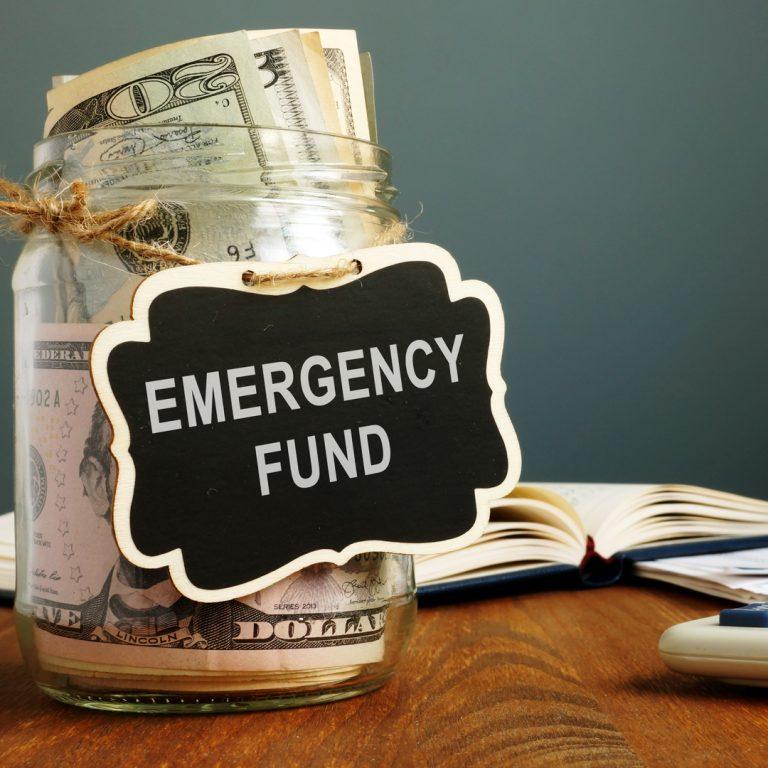
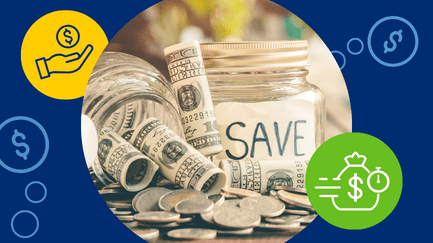
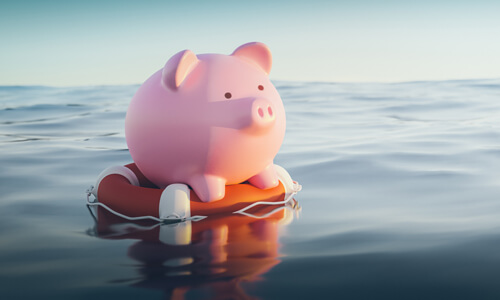
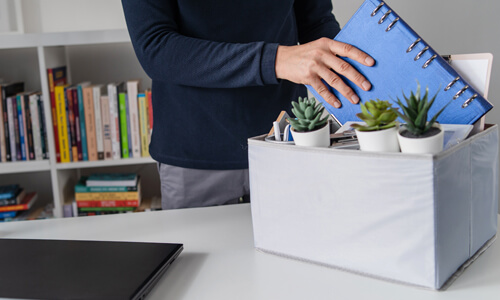
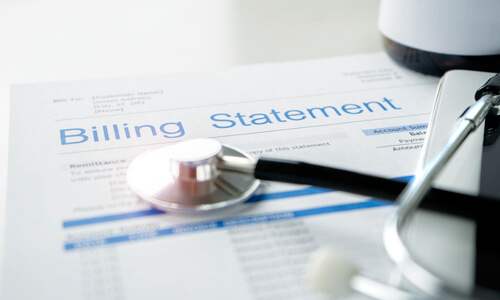
Comments Section
Please note: Comments are not monitored for member servicing inquiries and will not be published. If you have a question or comment about a Quorum product or account, please visit quorumfcu.org to submit a query with our Member Service Team. Thank you.